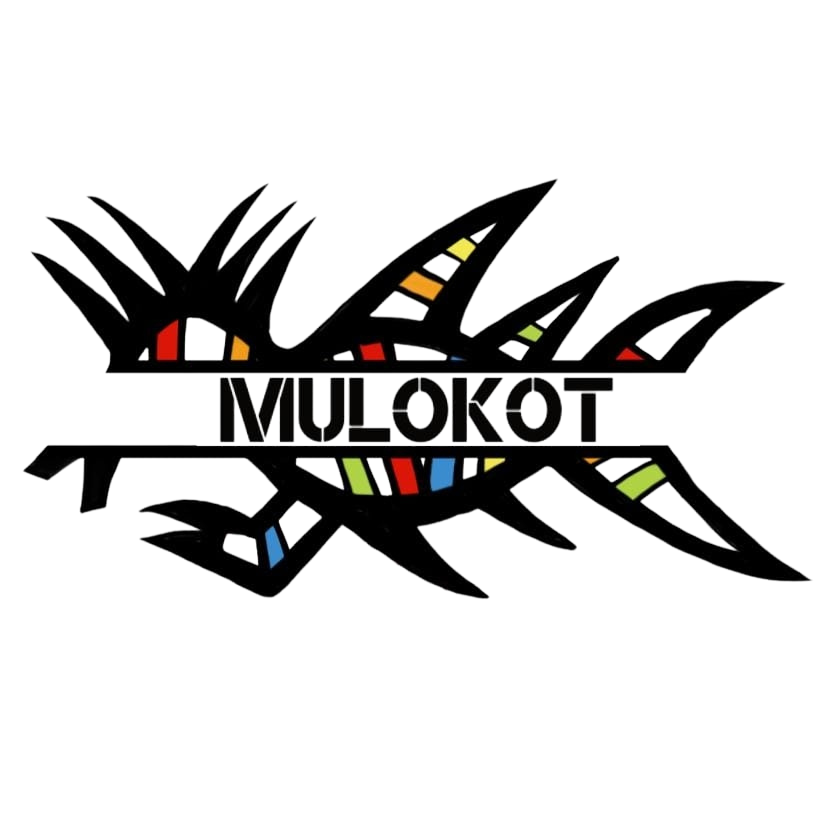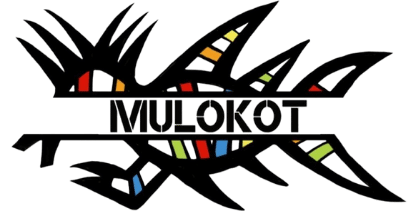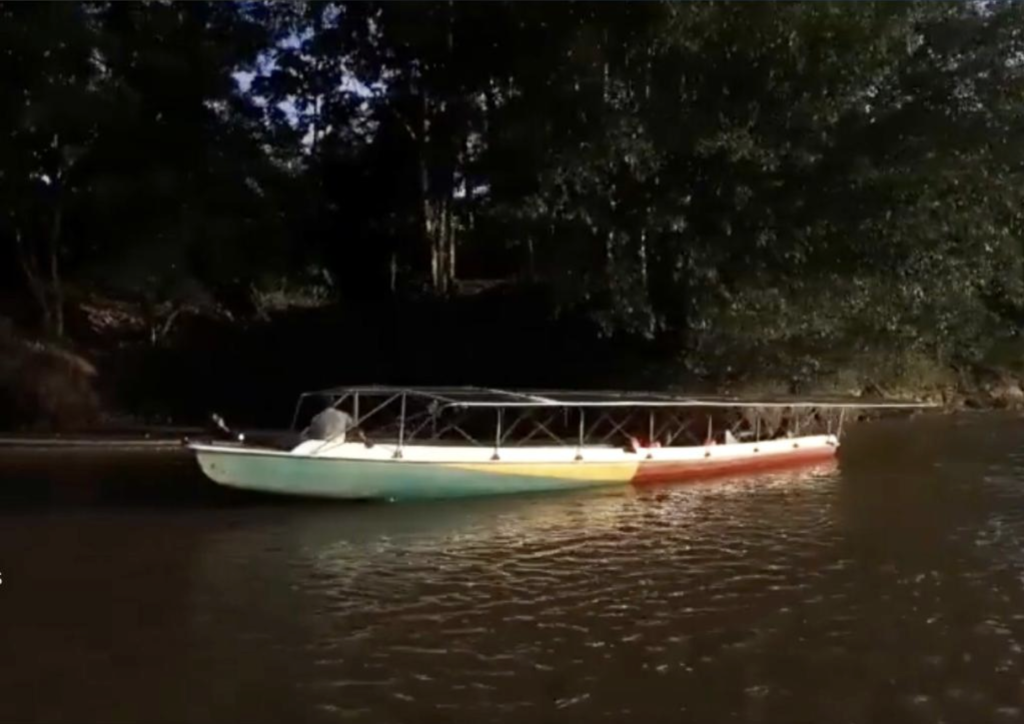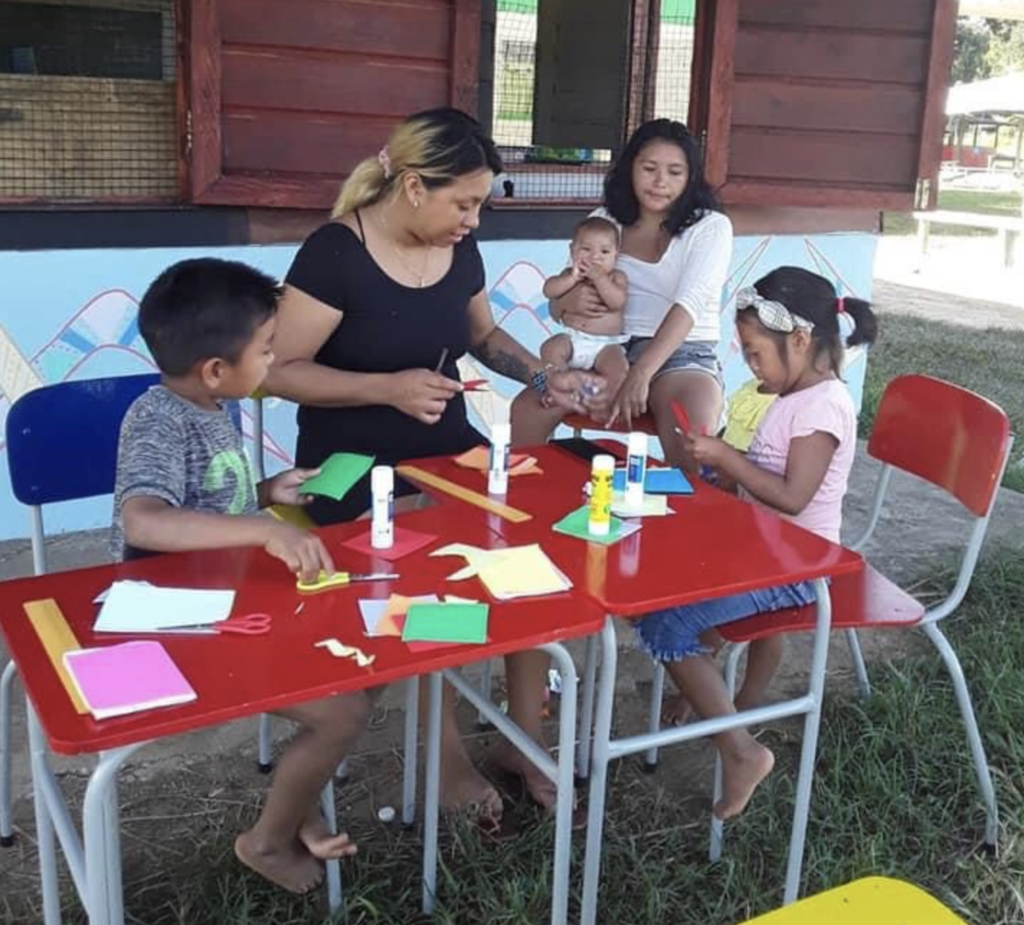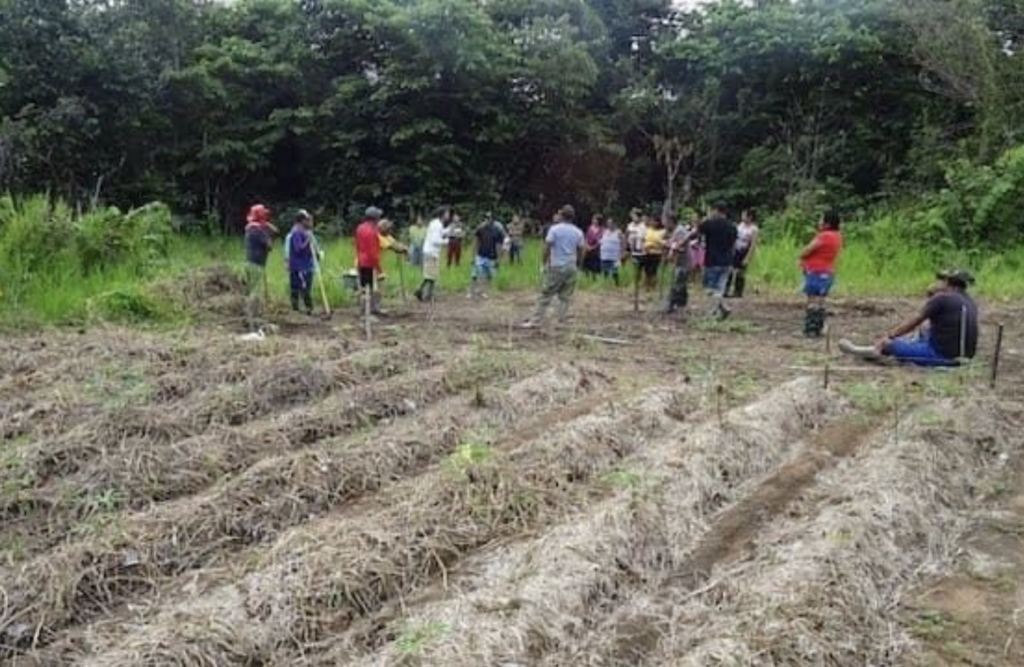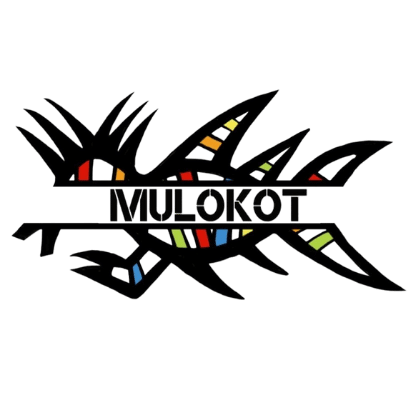Our Work
Discover more about our overarching goals, the inspiring mission that fuels and drives our dedicated work, and the diverse range of projects we have undertaken thus far to create a meaningful and positive impact in our community and beyond.
Our Partners
Our esteemed partners, dedicated funders, and generous donors play a crucial role in supporting our mission and helping us make a positive impact in the community.


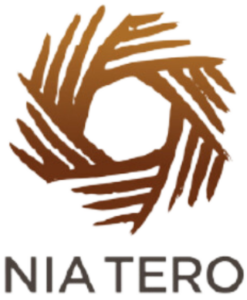
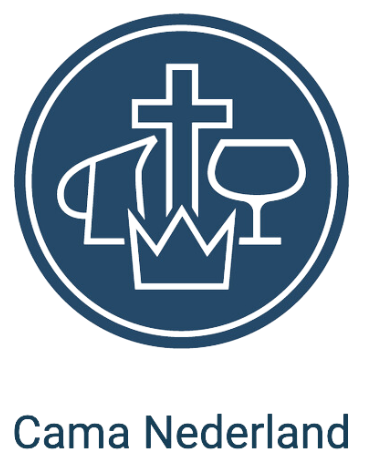
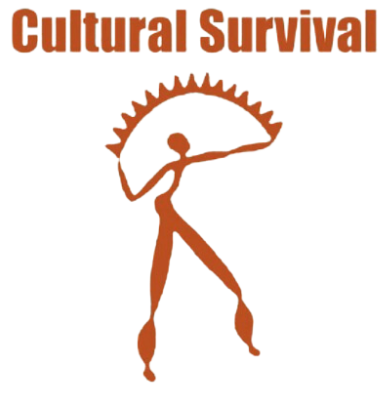




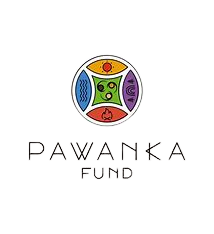



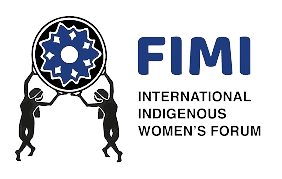
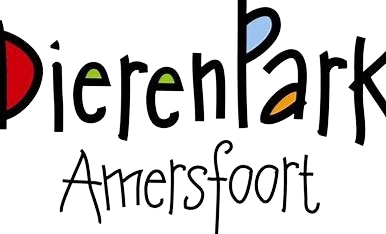

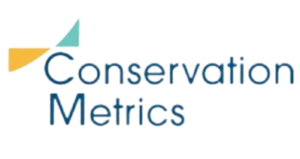

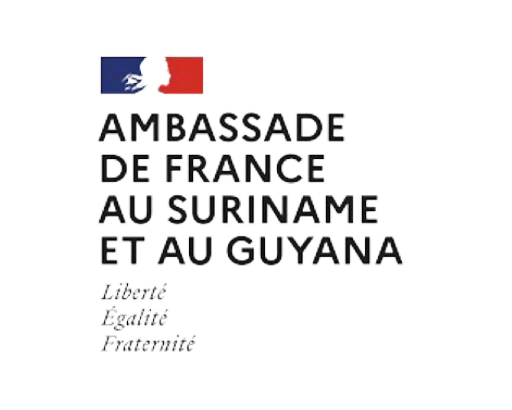
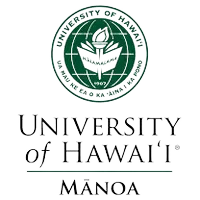
We Advocate
Like everyone, Indigenous people have all of the rights set out in the Universal Declaration of Human Rights. However Indigenous people have specific rights because of their unique position as first peoples of their nations.
There are 370 million Indigenous people in the world. These groups are very diverse but there are common issues that affect Indigenous people globally.
Often due to the lingering effects of colonisation and oppression, Indigenous people are vulnerable to discrimination and mistreatment and excluded from effectively participating in processes that affect their rights. This means that today we experience poverty, poor health, poor education, pollution of our drinking water due to (illegal) gold mining and restrictions on self-determination.
advocate for the rights and recognition of indigenous peoples and their unique cultures within our society
We Strenghten
Strengthening our communities and the roles of individuals within our communities helps to develop our communities, prevent disease and reduces the effects of climate change, creates jobs and expand resources for promoting social justice. Our communities need to be strengthening to increase our social networks, social support, social capital, and the capacity to identify and solve our own problems.
Individuals are essential to our community life and, when engaged and powered collectively, can be the engines of community transformation and social change. Therefore, our focus is not on individualism, but rather on engaged individuals who recognize the importance of their communitie
We strengthen our community through various projects and programs that aim to foster collaboration, enhance skills, and empower individuals to make a positive impact.
We Educate
The right of indigenous peoples to education is protected by the UN Declaration on the Rights of Indigenous Peoples, which in Article 14 states that “Indigenous peoples have the right to establish and control their educational systems and institutions providing education in their own languages, in a manner appropriate to their cultural methods of teaching and learning.”
Because of the remoteness of our territory the government of Suriname didn’t invest in many schools or other facilities in our territory. Given the Wayana Indigenous good education and information about the world outside our territory, in their own language and is, one of our main goals of the Mulokot Foundation. Also teaching our people Dutch
We work diligently on educating our communities to ensure that everyone has access to essential knowledge and resources for personal and collective growth.
We Build Networks
In Central and South America, over 500 Indigenous nations represent 40 million people and hundreds of languages. Globally, Indigenous people make up only 5% of the population but protect 85% of the world’s biodiversity.Today’s global economy and fast information sharing have united Indigenous communities in understanding the economic, political, and social forces impacting them. Even the most remote communities are now affected by regional and global events. Demands for land and resources from states and corporations are increasingly met with resistance from Indigenous organizations and activist groups.
We build strong and durable networking connections that foster vibrant and supportive communities.
We Find & Fund
In 2019 we developed, together we all the Wayana communities, the traditional leaders, women and youngsters, the “Wayana Vision Document 2020 – 2030” for the Wayana Indigenous in Suriname. Based on this document we write project proposal and search for funding. It’s not easy to find funds for the specific needs of our peoples, but we work hard to realize the 10 years vision of the Wayana Indigenous.
We actively seek funding and carry out various projects or programs that aim to address community needs and foster development.
Learn More About Our Goals
24/7 renewable energy for all villages and camps
At this moment, few villages and camps have a properly working generator in its possession, or are supplied with enough fuel for the operation of such a generator. For example, Palumeu has not received fuel for over a year. The provision of a generator and fuel is the responsibility of the government of Suriname, who have failed to properly live up to this responsibility for over three years now.
As the Wayana cannot depend on the service and fuel supply from the government, and the costs of these actions are often too high to be borne by the Wayana themselves, we would like to turn to solar energy for our energy supply. If we want to support the development of Wayana livelihood over the coming years, much more energy and a much more reliable energy source is needed. In the end, we are aiming for 100% energy autonomy, 100% renewable.
Capacity building
In 2019, representatives from the three largest Wayana villages came together in three Etakëlë (cooperation) meetings, one in Kawemhakan and two in Apetina. Reflecting on these meetings, we can say that they are of great importance in the work of Mulokot. Not only to share information, talk about developments, making choices, create and sharing a common vision, but also because it provides all Wayana a possibility to get involved.
Normally, only the traditional leaders are invited, but with the Etakëlë-meetings, everybody can have a say in the different subjects. Especially for our youngsters, our future leaders, and our women, it is a great platform to talk, ask questions, and to learn. Not only because it is held by Wayana for Wayana, but also because we only speak our native languages during these meetings. No translation is needed, meaning the meetings can be held totally independently, without external interference. Such capabilities are making the Wayana proud and is giving power and strength to work together for a better life and future.
As Mulokot, we hope that we can hold three Etakëlë-meetings every year. These meetings can vary in form and susbstance. For example, last Etakëlë-meeting, Mulokot also invited the people from the Trio village of Tepu.
Clean drinking water for all villages and camps.
According to the World Health Organization (WHO), between 50 and 100 liters of water per person per day are needed, for drinking, cooking, personal and household hygiene. Contaminated water is not just dirty—it is deadly. The Wayana communities of Suriname generally do not have access to safe and potable water. If they do have access to some form of drinking water, it is often not clean or sufficient.
In Kawemhakan, villagers take water from an unprotected source; a nearby creek. During the dry season, this source completely dries up, making the only accessible water that from the river. In Apetina and Palumeu, river water is the only accessible source of water. In the smaller camps, villagers use water from a nearby creek, without any treatment.
Due to the expansion of (illegal) gold mining in the vicinity of the Wayana communities, water quality is declining. In particular, the mining activities are increasingly causing water sources such as rivers and creeks to be polluted with mercury. As such, using water from rivers or creeks without any treatment is simply not an option anymore. We need safe and potable water for all villages and camps.
Scholarships for youngsters
Many of our youngsters have the intellect to attend higher education, which could lead them to become leaders for their communities in the future. However, they generally do not succeed if they study in the city of Paramaribo. There are two major reasons for that: (1) a lack of support, from someone who knows our culture; and (2) a lack of financial support. Every year, around 3 -5 youngsters with the ability to go to secondary school or even further become old enough to do so.
To help them reach their potential, a local scholarship, including a home to stay with some additional financial support will help a lot. In time, this will help raise our leaders, with the knowledge and experience to effectively head their communities.
Employment; Sustainable livelihood
In discussions with the Wayana population, three activities emerged as vital for livelihood management: ecotourism, fish farming, and maintaining a food forest. Ecotourism is crucial for the economic development and cultural survival of Indigenous peoples.
APETINA
A new ecotourism resort is under construction in Apetina, which has experience with community-based tourism. Despite the high costs of accessing Apetina and limited hospitality knowledge among the Wayana, guests have reported satisfaction with their experiences, including the nearby rapids and rainforest.
PALUMEU
For over 20 years, an eco-lodge in Palumeu, owned by METS, has operated with Indigenous guides and cooks. However, local people are excluded from METS management. The community is now developing their own eco-tours that highlight Wayana culture, including survival trips to Tumucumaque mountain.
KAWEMKHAKAN
Tourist activities in Kawemhakan are mainly on the French side of the Lawa River. Despite ongoing mining, we can offer meaningful tours that raise awareness about environmental impacts, including mercury pollution and deforestation. The region boasts a stunning 12-meter waterfall and spectacular rapids, making it a great destination. Mulokot is already preparing an area for a tourist lodge to support this initiative.
Training/courses
Occasionally, Indigenous youth have opportunities abroad for internships or capacity building. However, a good understanding of English is essential.
Training in everyday skills:
This includes improving Wayana life through skills like repairing motors, woodworking, and basic electrical knowledge, fostering self-sufficiency and reducing reliance on external aid.
Leadership development:
Training in leadership skills would enhance community management and governance for faster development.
Capacity building for Wayana foundations:
The Mulokot Foundation, Paatu, and Piya aim to build community capacity and skills, leading to better participation in Surinamese society and improved economic opportunities.
Self-determination and ‘Western’ thinking training:
This includes education on politics and regional development, fostering a better understanding of ‘Western thinking’ and key legal standards that impact the Wayana. Educating outsiders on Wayana customs and our FPIC/engagement protocol is also essential.
Land use management planning/system
Indigenous communities are among those most impacted by climate change, despite contributing the least to its causes. More recognition is needed for the significant impact of climate change on them and the role of traditional knowledge in mitigation efforts.Land use management involves overseeing land resources for purposes like agriculture, reforestation, and eco-tourism. By applying our traditional knowledge, we can protect our territory. With the new map of the Wayana territory developed with a UNDP grant, we are establishing our land use management system with community collaboration.
Effective waste management is crucial for protecting the health and safety of the Wayana. Poor practices lead to pollution and health issues. Waste management encompasses waste collection, treatment, and disposal while ensuring regulatory compliance.A key step in improving waste management is raising awareness about pollution risks. The Wayana are familiar with organic waste but not with the harms of plastic and non-organic materials, as they are relatively new to them.The next step is to collaborate with the “Amazonia Park of Guyana” management to find solutions for transporting waste from Kawemhakan to Maripasoela for proper disposal. In other areas, we require specialized waste ovens to burn waste without harming the environment.
Blog & Article
Lorem ipsum dolor sit amet, consectetur adipiscing elit, sed do eiusmod tempor incididunt ut labore et dolore magna aliqua. Ut enim ad minim veniam.
Solar-powered boats built by Wayana’s
Menu About Us Mulokot Team Board Members The wayana people Our…
The Wayana school in Kawemhakan
Menu About Us Mulokot Team Board Members The wayana people Our…
Wayana’s utilize new agriculture method
Menu About Us Mulokot Team Board Members The wayana people Our…
© 2024 Mulokot Foundation • All Rights Reserved powered By Native Tech Engineering
